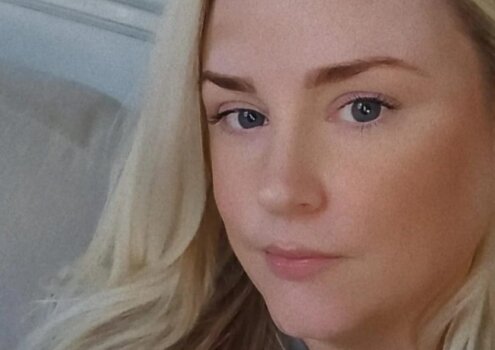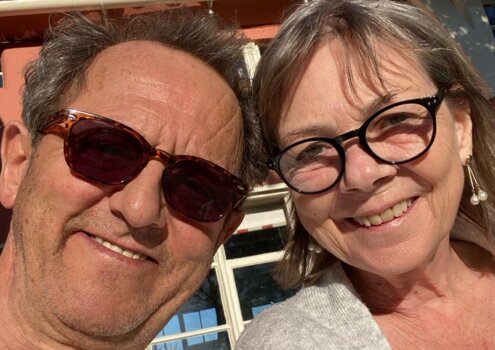
My life with PH
Top My life with PH Articles
Features
We are appreciative to Actelion Pharmaceuticals UK Ltd for an unrestricted grant to support the structure of this website. Actelion Pharmaceuticals Ltd have had no input into the contents of the website, which remains copyright to the PHA UK.















